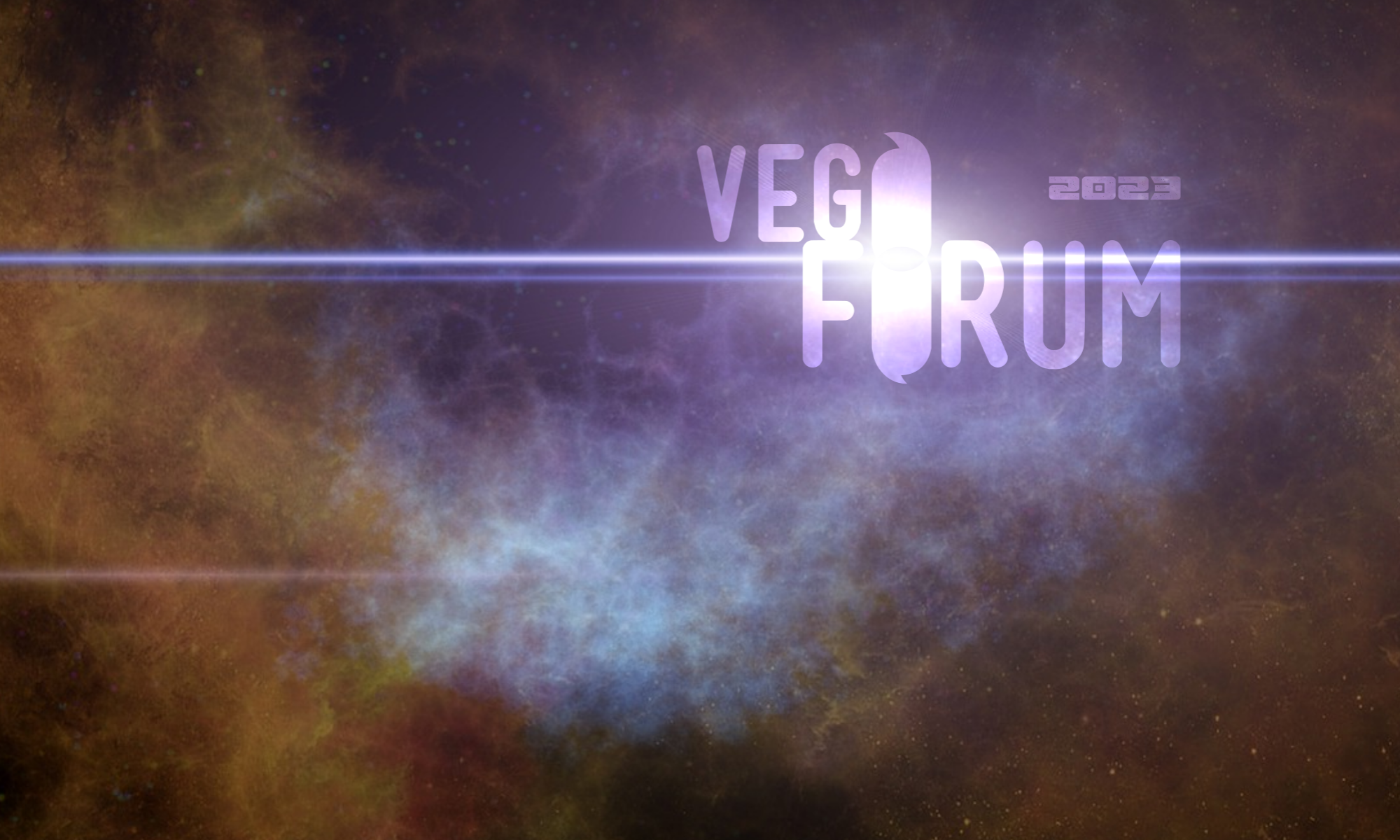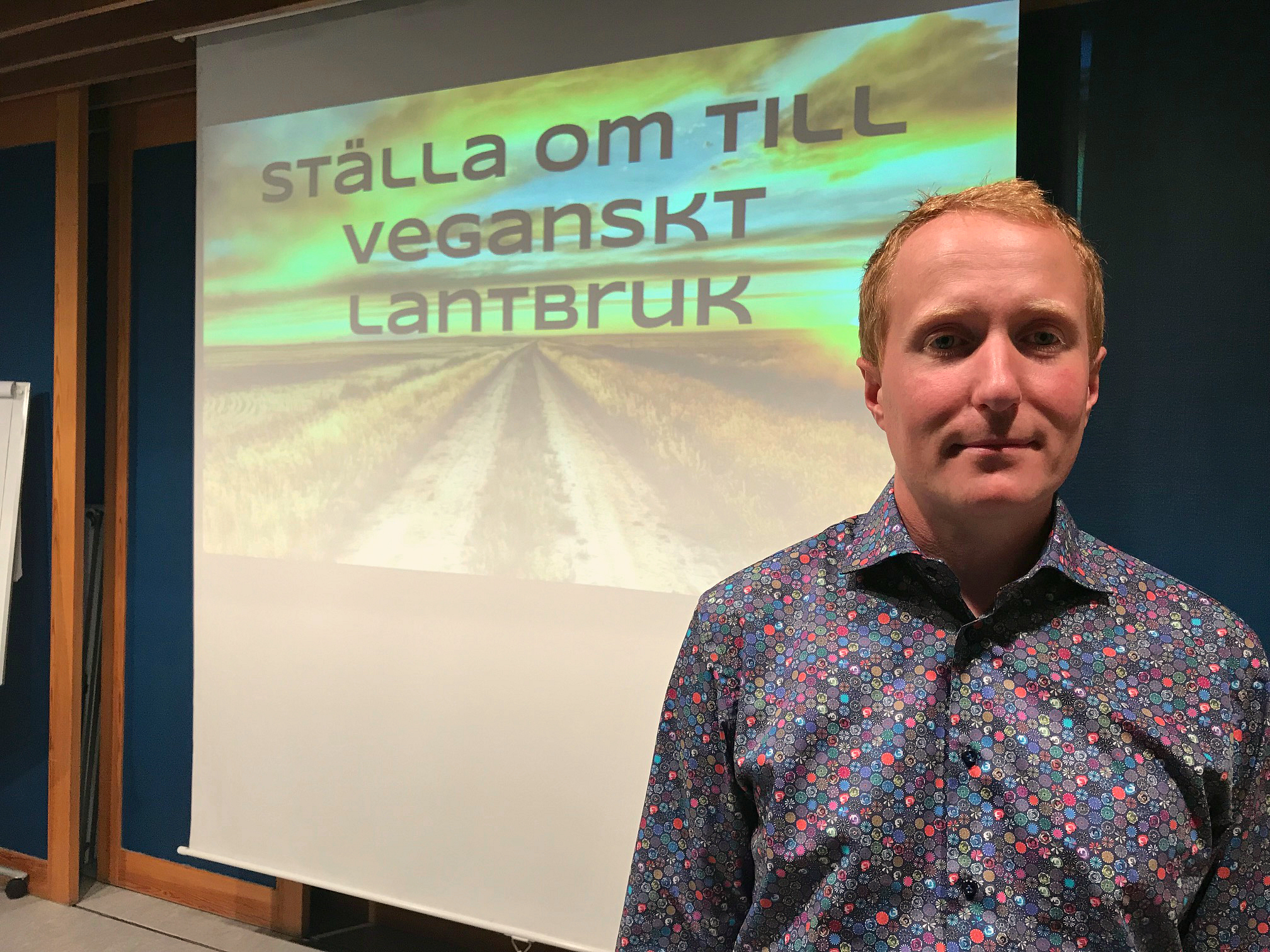Dr Philip J Sampson will talk about Veganism and Sustainability in Christianity at Vegoforum November 13 2021. Vegoforum’s Maria Fornstedt interviewed Dr Sampson to learn more about him and his relation to the subjects of his talk.
Register for the webinar here!
Who are you?
I am a Christian, married with three adult children. I am a Fellow at the Oxford Centre For Animal Ethics, and a consultant editor of the Journal For Animal Ethics. I have published in this field, with a specialism in the English Nonconformist Christian tradition. More generally, I have also contributed to the wider climate change and environmental debates.
Are you a vegetarian/vegan?
With the exception of restaurant serving-staff who want a shorthand for what I will eat, I do not call myself either a vegetarian or a vegan. However, I haven’t eaten meat for around 40 years, and avoid dairy/eggs, leather etc with some exceptions. I prefer to say that I am a Christian who doesn’t want to be cruel. The reasons for this preference are outlined in my book Animal Ethics and the Nonconformist Conscience. In brief, I am not an ideological vegan, but believe that vegan practices currently represent a good way to treat fellow creatures, enabling them to praise the God who made them.
An acquaintance pointed out that The Bible says we are allowed to eat meat, not that we should. Why do you think so few Christians are vegans?
I think your friend is partly right. The Bible does say we are allowed to eat animal flesh, but only under certain conditions. These are so restrictive that eating industrially produced meat is effectively banned for contemporary Christians living in the developed world.
There seem to be various reasons that so few Christians are vegans. Most christians in the UK today are unaware of the restrictions placed upon meat eating in the Bible, or they choose to disregard them. The context for such ignorance or such a choice is that many Christians enjoy eating animal flesh. Reseach also suggests that you can become addicted to the sugars of caramelisation and the fats, especially of roasted meat and fast foods.
Ideologically, some consider that human rule or dominion over animals authorises us to eat them (Gen. 1.28). For example, in 1990, John Selwyn Gummer, then UK Minister of Agriculture and a member of the Church of England General Synod, denounced vegetarians as wholly unnatural food faddists, saying The Bible tells us that we are masters of the fowls of the air and the beasts of the field, and we very properly eat them. This, of course, alludes to Gen. 1.28, but flies in the face of the very next verse which specifies that a dominion diet is vegan. His remark nicely illustrates a combination of ignorance or distortion of the Biblical text, with a desire to promote meat eating.

We should note that the question, as posed, applies only since about 1944 when the word vegan came into common use. Moreover, the term might refer, inter alia, to either a practice, or to an identity. The latter has become more prominent with the fragmentation of identity in late modernity. Many Christians do not wish to have another identity other than “Christian” or another traditionally authorised one (e.g. “parent”, “spouse”, “worker” etc). If, however, we understand “vegan” anachronistically as referring to a practice, then considerable overlap exists between vegan practices and those of prominent Christians in the nonconformist tradition before the twentieth century. I write more about this in the anthology Ethical Vegetarianism and Veganism.
In Sweden most vegans seem to be secular, why do you think it’s so?
The same would be true of the UK and US. I have argued elsewhere that the animal advocacy movement of the later twentieth century drew heavily on a pre-existing discourse generated and reproduced by nonconformist Christians (See my book Animal Ethics and the Nonconformist Conscience).
The associated growth in veganism occurred at the very time that Christians in the West were moving away from that discourse, and towards a radicalised consumerism which Slavoj Zizek has called enlightened Buddhist hedonism. There are encouraging signs in the UK and US that the younger generation of Christians are recovering the earlier, animal friendly discourse, e.g. through Creature Kind at the christian animal welfare organisation SARX.
A friend calls modern Christianity anthropocentric. Thoughts?
I would say that modern Christianity is anthropocentric – i.e. centred upon humans beings (often men) and serving their interests. I have argued in a number of places that this is indeed the case, and that it contrasts with the Christo-centrism of the nonconformist Christians mentioned above.
Do you think the idea of The Flood is causing defeatism in the climate change issue?
I do not know of any evidence to suggest this in the UK or the US. Certain eschatological views function to discourage climate change activism, but that is a different narrative. Indeed, I have argued that the Flood narrative has a strong pro-preservation motif, entirely consistent with climate change activism (see my text in the anthology Climate Crisis and Sustainable Creaturely Care: Integrated Theology, Governance and Justice).
Is it important that the Church takes the climate questions seriously, recommend veganism etc?
Yes, vital. See the SARX website, which carries several articles addressing this, e.g. my article Animals, Climate Change, and the Glory of God.

